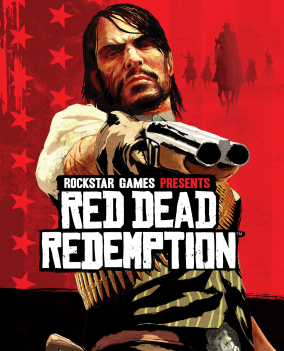Lists





5 Books
TBR
Sort by:
Recent Desc
Books to be read. May not include full collection, just ones that I don't want to forget about.
More lists by Kensley


Favorite Books
A list of favorite books, in no particular order.
June 2019
0
@KSLewisWrites



Favorite TV Shows
A list of favorite TV shows, in no particular order.
June 2019
0
@KSLewisWrites



Favorite Videogames
A list of favorite videogames, in no particular order.
June 2019
0
@KSLewisWrites


Favorite Movies
A list of favorite movies, in no particular order.
June 2019
0
@KSLewisWrites

TV Shows to Watch
TV shows to watch that I haven't gotten around to yet.
June 2019
0
@KSLewisWrites

Movies to Watch
Movies that I need to watch, but have yet to. Can include, but not limited to, cult classics, old movies, and new movies.
June 2019
0
@KSLewisWrites